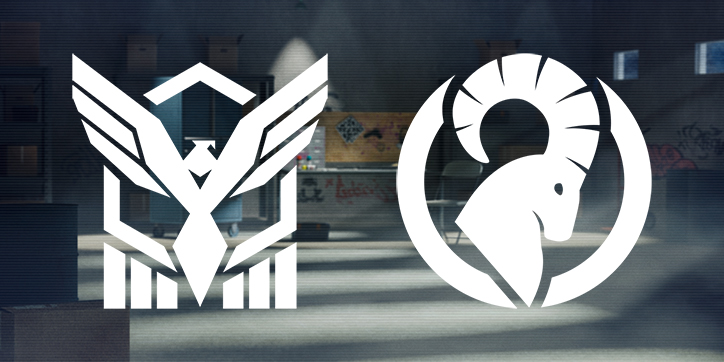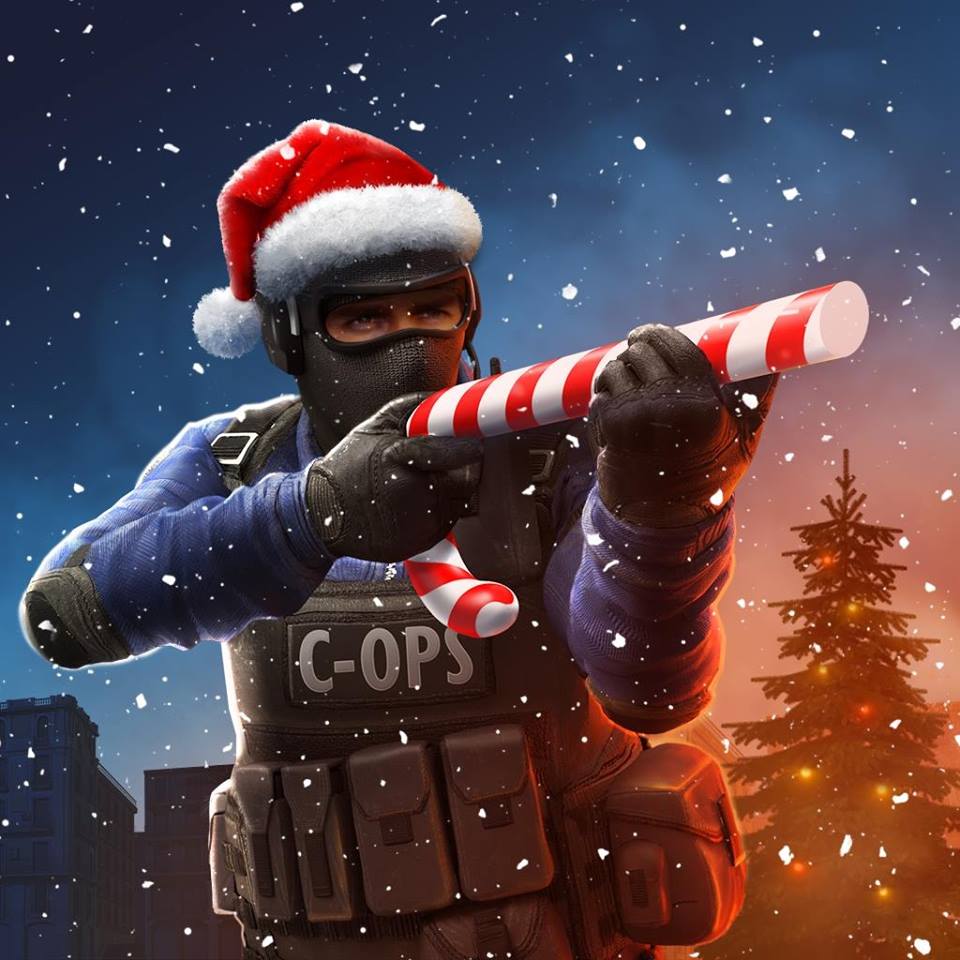

The MacArthurs of Darleith have been identified by David Sellar as coming from the MacAulays of Ardencaple. In fact it is quite clear that various MacArthur families derive from more than one stem. (1) (HP ii, 80.)Īs with so much in ‘Ane Accompt’ the compiler of the pedigree is using an impressionistic rather than a representational brush what he is in fact admitting is that he realises there are various MacArthur families but does not know how they fit together, if at all. This last Arthur Andrairan was said to have two sons, Patrick Drynach from whom came the MacArthurs of Inistrynich on Loch Awe and Duncan Darleith from whom the MacArthurs of Darleith.

The name occurs several times in ‘Ane Accompt of the Genealogie of the Campbells’ where Diarmid O'Duine's son is Arthur Armdhearg.Īrthur Armdhearg has no less than three sons called Arthur - Arthur ‘Urchanach’ -‘of the Orchy’, Arthur Cruachan and Arthur Andrairan. The name seems to have had strong connections with the Lennox, the area around Loch Lomond, part of the British Kingdom of Strathclyde, where it was used by such local clans as the Galbraiths and the MacArthurs of Darleith as well as by the Campbells all of whom are reckoned to be of Lennox origin. Of more local interest was Arthur, son of Aidan, a Prince of the Scots who was killed in 596 when the Scots were in battle against the Pictish Miathi.

This use then faded until the 13th century when in answer to the French ‘Chansons de Geste’, the fabulous tales of King Arthur and the Round Table developed.

There is little known of him from contemporary sources but he was clearly someone of substance given the number of occasions on which his name was used by later generations. Its most famous holder was Arthur, a leader of the Britons in the fight against the Anglo-Saxons around the year 500. The name Arthur is a Celtic one - of ancient Briton origin, Artos meaning a bear.


 0 kommentar(er)
0 kommentar(er)
